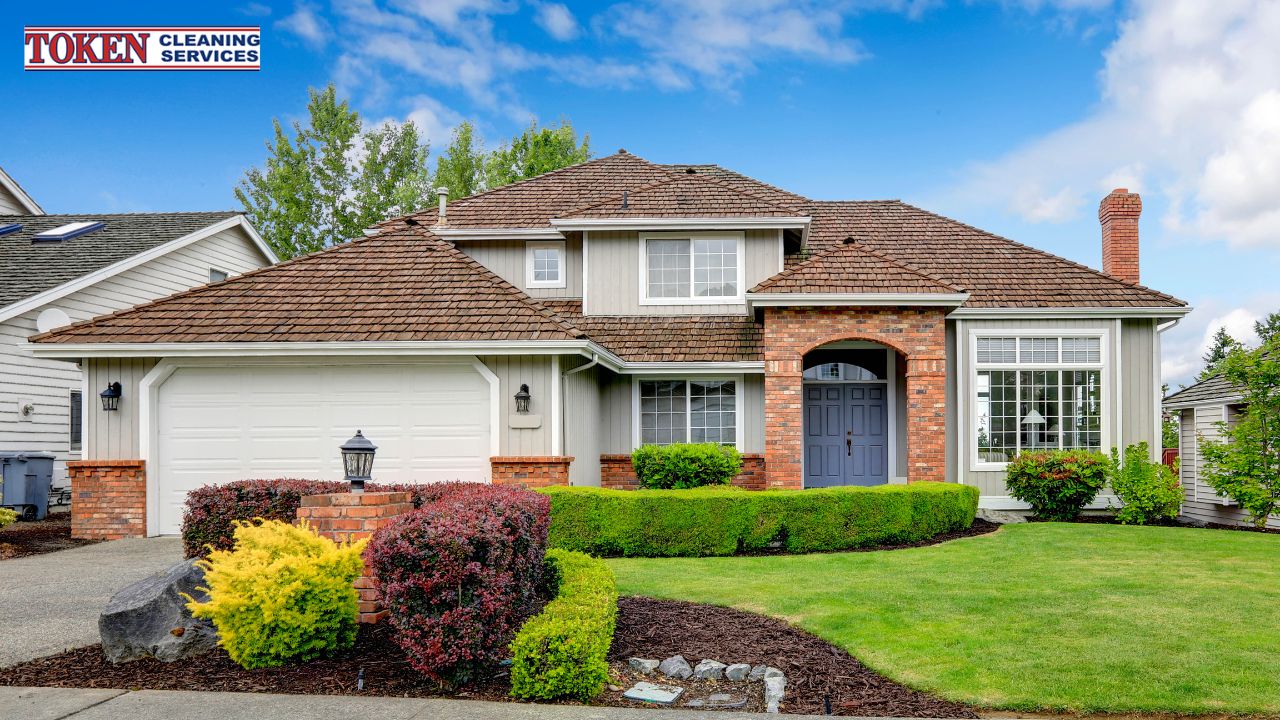Blocked drains can be hazardous and inconvenient in both commercial and residential settings. When a drain becomes blocked, you’ll notice water backing up into sinks, baths, and showers. Whilst a slow-draining sink may indicate a partial blockage in the drain, standing water is typically indicative of a complete blockage.
When drains aren’t working properly, it doesn’t take long for property damage to occur. Sinks, toilets, and showers can easily overflow because of a blocked drain, for example, and this can cause a significant amount of damage to the interior of the building.
In addition to this, a blockage in a drain could cause structural damage to the pipe itself. Blockages that cause drain collapse can flood the ground under or around a property. Alternatively, a hairline fracture or crack in the pipe will result in a slower-moving but a highly damaging flood.
Furthermore, blocked drains can be a considerable health risk. When drains aren’t free-flowing, materials back up into the sink, shower, bath, or toilet. This is why an unpleasant odor emanating from a plughole is often the first sign of a blockage. In the case of sewage pipes, a blockage could result in sewage spilling out into the property and posing a serious health risk to its inhabitants.
Unresolved blockages could harm your pipework irreversibly, whereas professional help can typically resolve them easily. If structural damage occurs, for example, replacing the drain may be the only viable option. In older pipes, such as drains made of pitch fiber or cast iron, the risk of damage increases as they age. Due to this, cracks, fractures, and drain collapses are more likely to occur if a blockage is left untreated.
What causes a blocked drain?
Blocked drains can be caused for a variety of reasons, but incorrect usage is the most common. The incorrect disposal of waste is responsible for the majority of blocked drainage systems throughout the country and, as a result, a considerable amount of damage occurs to the pipework.
People commonly use kitchen sinks and toilets to dispose of fats, grease, and oils, but you should never pour them down drains. Whilst oil and grease may be liquid when you pour them down the plughole, they quickly solidify. When this happens, they cause either a partial or complete blockage in the pipe.
Similarly, flushing wet wipes, nappies, and other materials down the toilet will cause your drains to block. These items won’t degrade in water, so are bound to cause a blockage somewhere in the pipework.
Never pour oil, grease, or fat down a drain as it can cause a blockage within hours. Continued use of drains for this purpose will eventually result in a blockage, so find a better disposal method.
How can drains be unblocked?
Over-the-counter drain unblockers can do more harm than good.. In many cases, they simply won’t be powerful enough to fully clear the blockage and they could cause additional damage to the structure of the drain.
With a CCTV drain survey, however, professional technicians can pinpoint exactly where the blockage is. In addition, a CCTV drain survey enables technicians to determine whether any the drain has suffered any permanent damage.
In many cases, no-dig drainage solutions offer an efficient and hassle-free resolution to blocked drains. With a range of drain cleaning equipment, experienced technicians can identify the least invasive option when it comes to unblocking your drainage system.
With high-pressure jetting equipment, for example, engineers can remove the blockage without digging down to the drain itself. This minimizes disruption and enables them to restore your drains to a fully-functional state within minutes.
Of course, once you clear a blocked drain, you should practice proper drain maintenance. As well as finding alternative waste disposal methods and only using your drains for appropriate liquids, regular drain cleaning is beneficial.
Professional equipment cleaning of drains prevents the buildup of limescale, silt, grease, and scale. As well as preventing future blockages, this can protect the structure of your pipework and increase the lifespan of your drainage system.
To find out more about drain unblocking and maintenance, contact Token Cleaning now at 01279 422752 or 07860 233343.














